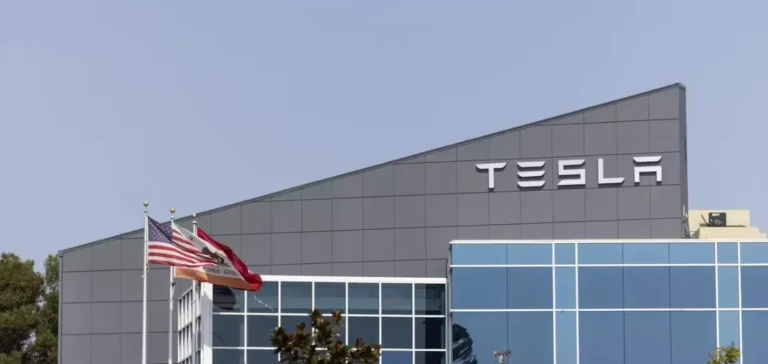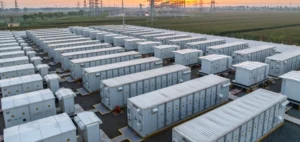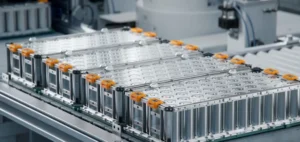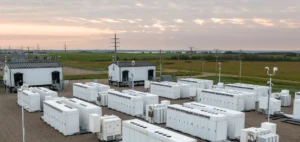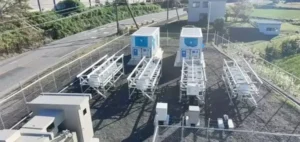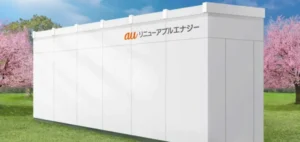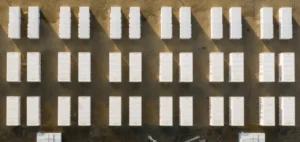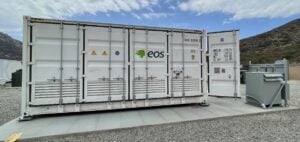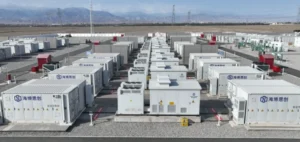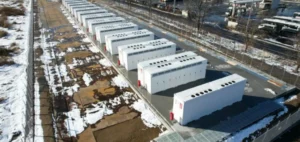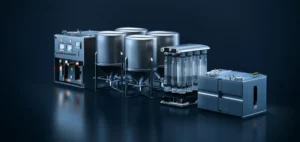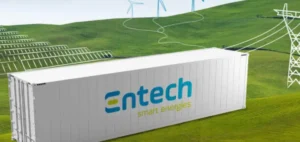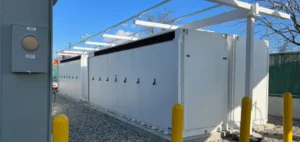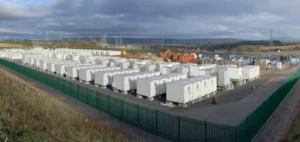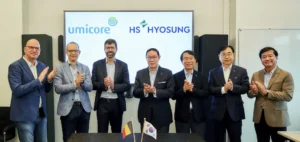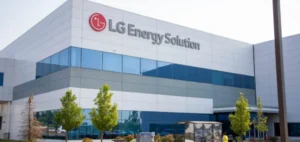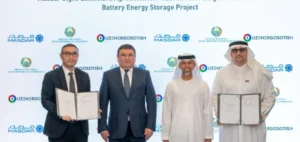Tesla has reached a significant agreement to establish a factory in China dedicated to massive electricity storage, aimed at enhancing the reliability of urban power grids. The contract, signed by Tesla’s Shanghai subsidiary, local authorities, and the Chinese company China Kangfu International Leasing, represents an investment of 4 billion yuan (approximately $560 million), according to initial reports from Chinese media outlet Yicai, later confirmed by Reuters. The official announcement was made by Tesla via Weibo, the Chinese social network, highlighting that this facility would become the largest of its kind in the country. This decision comes as China’s urban energy infrastructures increasingly require technical solutions adapted to peak electricity consumption.
Megapacks Capacity and Technology
The plant will primarily produce Megapacks, modular systems capable of storing more than 3.9 megawatt-hours (MWh) of electricity each. According to Tesla’s technical data, each Megapack can supply the average electricity consumption of 3,600 households for one hour. The modules are designed to be interconnected without theoretical limitation, enabling scalable installations to meet demand. Since early 2025, Tesla Shanghai has produced more than 100 units, primarily intended for export to Europe.
Tesla’s Strategic Positioning
Tesla, initially recognized for its electric vehicles, is progressively expanding its activities into energy storage, considered complementary to its existing offerings in solar panels and home batteries. The company states it has globally installed storage systems totaling over 10 gigawatt-hours (GWh), notably in the United States, where Texas and Alaska have 81 and 37 operational Megapack units, respectively. Australia, another key market targeted by Tesla’s energy solutions, has 212 units in place.
Geopolitical and Economic Context
Tesla’s substantial investment in China occurs against the backdrop of ongoing economic tensions between Washington and Beijing, intensified by a persistent trade war lasting several years. Elon Musk, founder of Tesla, had previously been associated with the former U.S. administration, serving in advisory capacities on economic and governance issues under Donald Trump. This new contract marks a significant economic commitment by the American group in Chinese territory, despite current political and commercial complexities.
This strategic facility also underscores Tesla’s intent to diversify its industrial and commercial presence in the Chinese market beyond automobile production alone. With China’s urban electrical grid facing rapidly increasing demand, this project directly addresses practical concerns regarding energy supply in the country’s major cities. The economic implications of this operation may influence strategies of other international companies considering large-scale energy storage investments in Asia.


